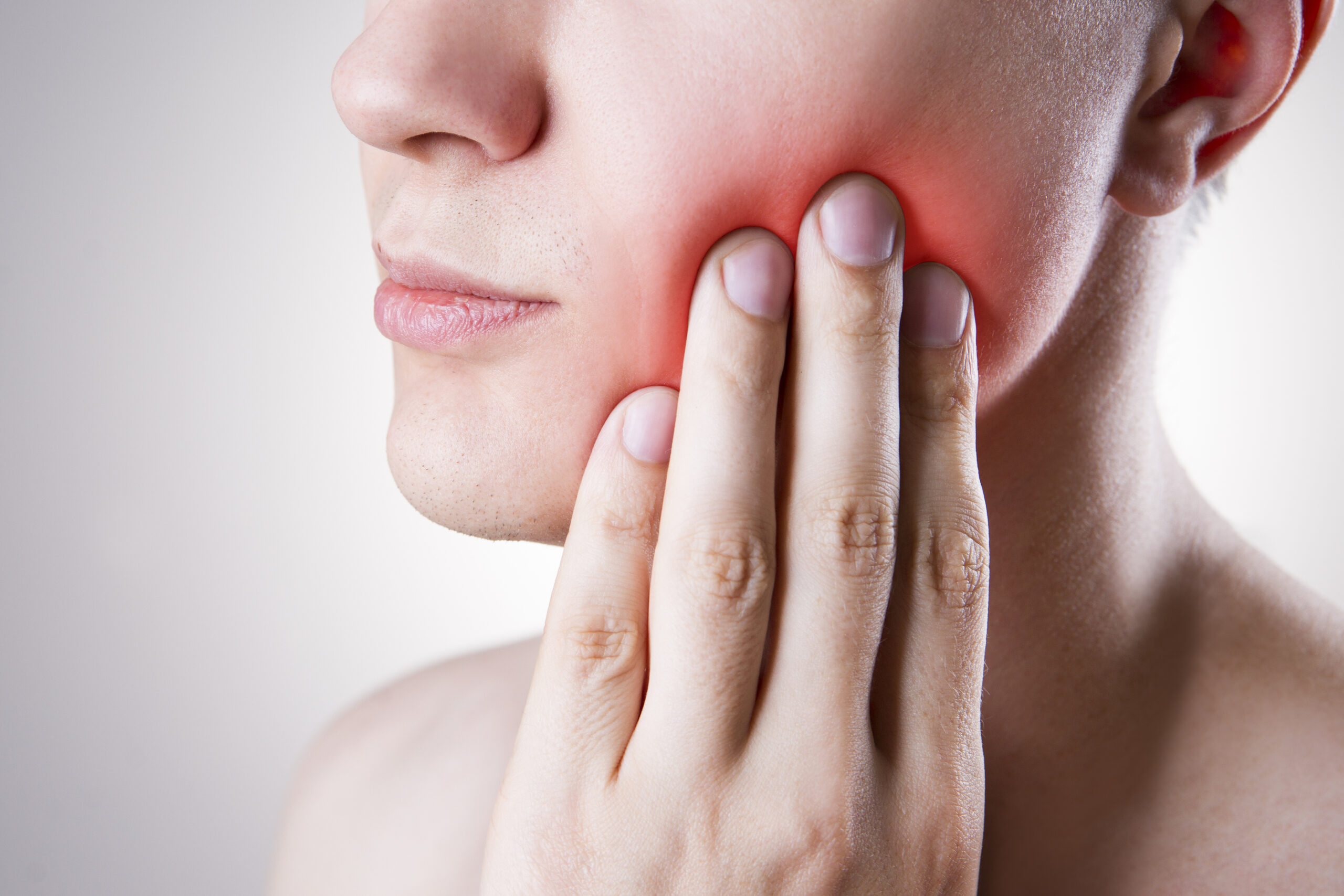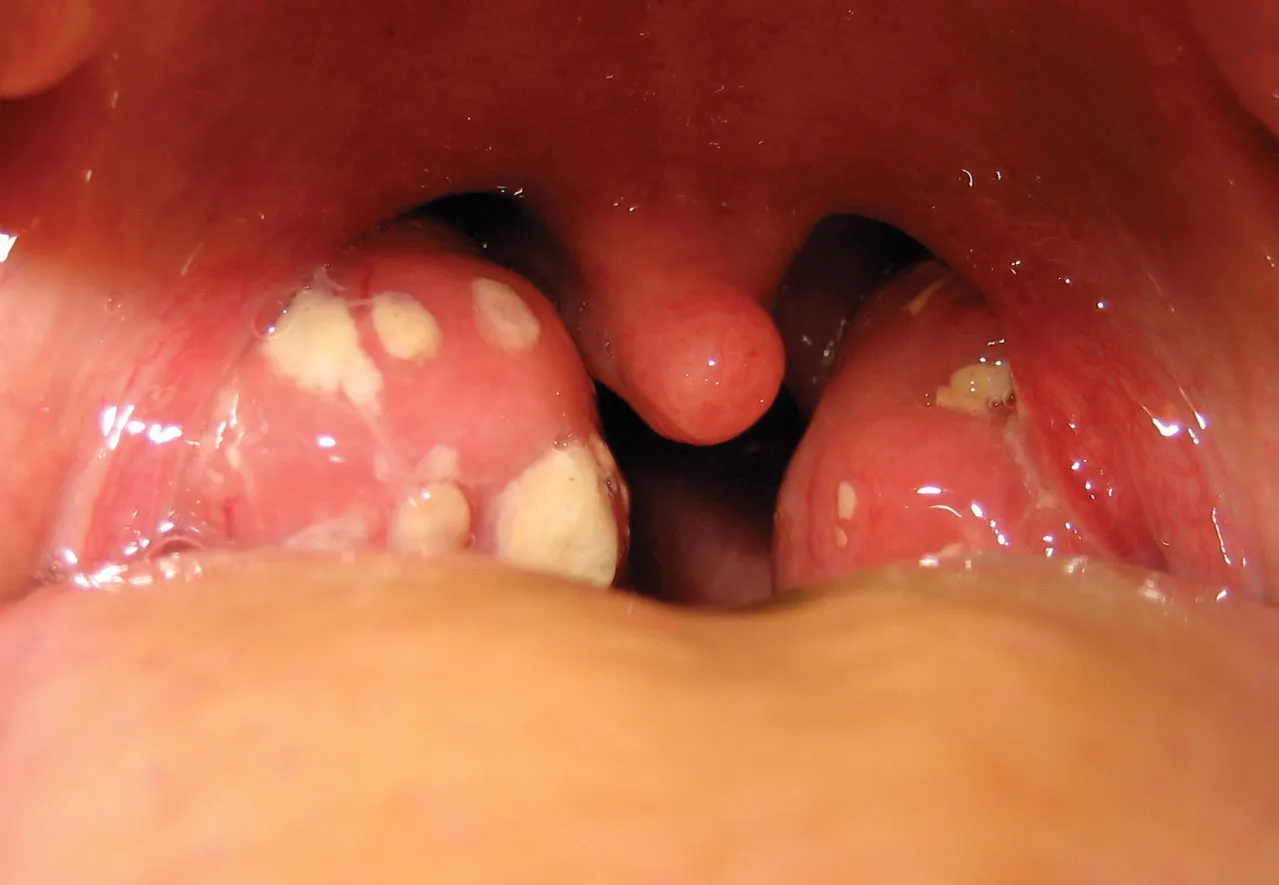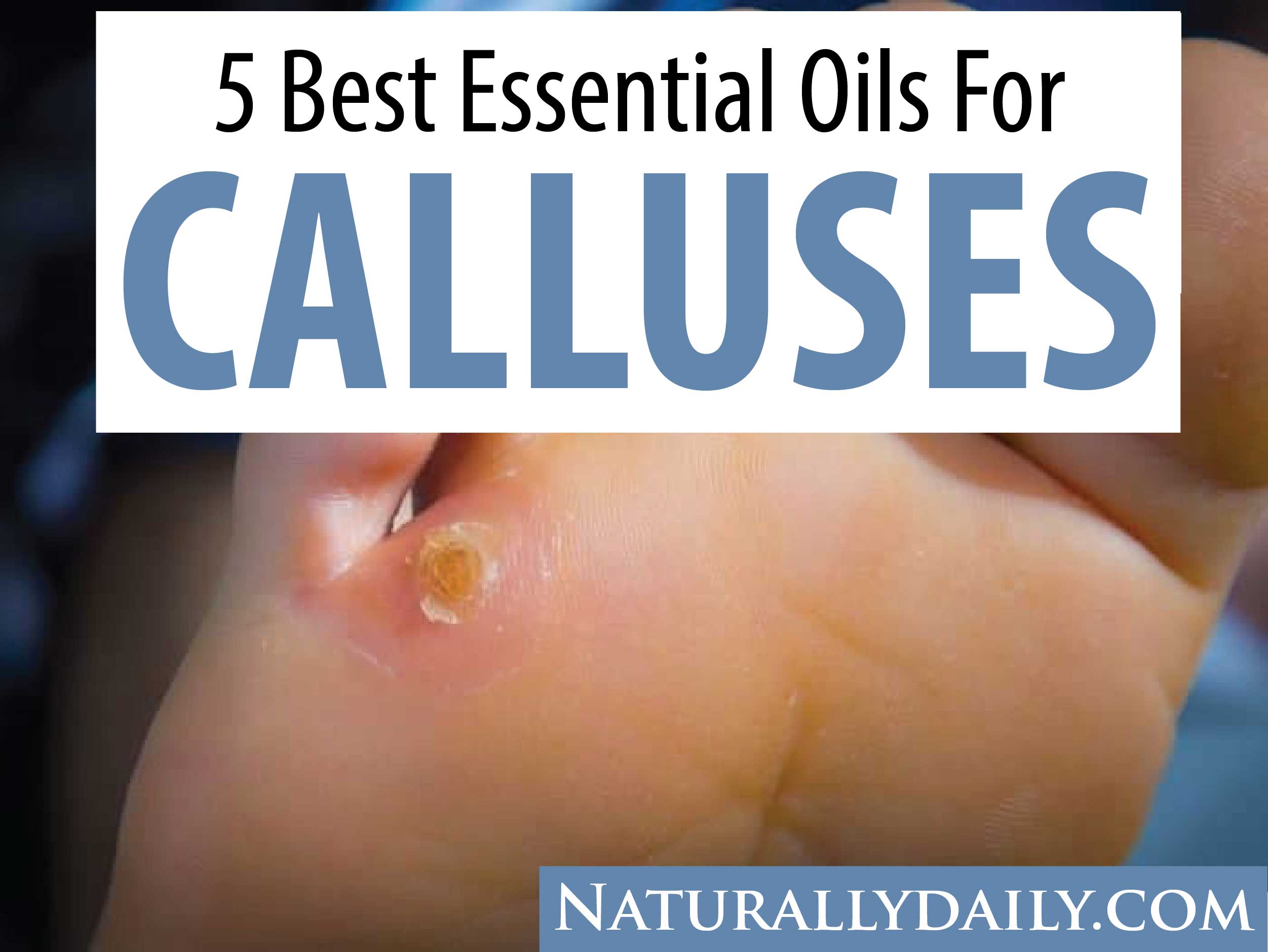Obsessive Compulsive Disorder (OCD) is a severe mental illness. It’s the fourth most common psychiatric disorder characterized by obsessive thoughts and compulsive or repetitive behavior.
People with OCD have uncontrollable thoughts and a habit of repeating a particular ritual. It’s a severe disorder that can keep you from living everyday life.
The symptoms of OCD may occur due to obsessions or compulsions. Some patients have both obsessions and compulsions.
Some patients can hide the symptoms from their friends and family, making the treatment more difficult. But, this disorder can affect your job, study, and life. So, it’s important to go for treatment as soon as possible.
While undergoing treatment, you can also try some essential oils for OCD to manage some symptoms.
Essential oils contain calming and soothing properties. These properties can help reduce anxiety and stress and keep you calm and relaxed.
This article looks into some essential oils to manage OCD symptoms.
Essential Oils for OCD
While OCD is not entirely curable, using essential oils with proper treatment may help you manage the symptoms. Here are some essential oils for OCD you can try:
1. Lavender Oil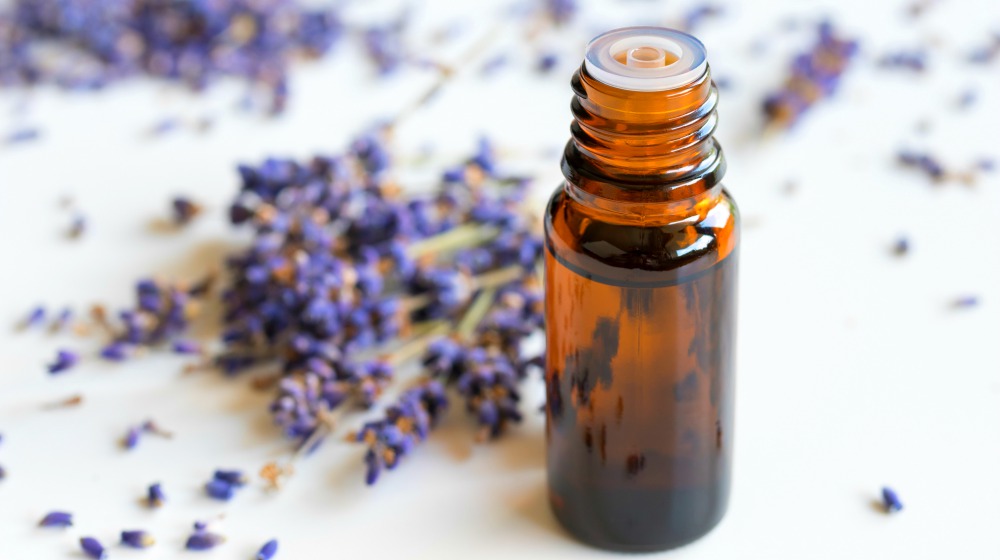
Lavender oil originates from the flowers of Lavandula angustifolia through steam distillation. It is one of the most used oils for reducing anxiety and stress.
Thirty men aged between 24 and 40 participated in a study in 2008. Results show that aromatherapy using lavender oil can induce relaxation.
In another research, lavender oil capsules successfully reduced anxiety and stress in the participants who were asked to see the anxiety-provoking film.
The lavender essential oil has calming effects. It can ease nervousness and anxiety, providing a sense of calm and well-being.
READ ALSO: 11 Health Benefits of Lavender Oil That You Should Know
2. Frankincense Oil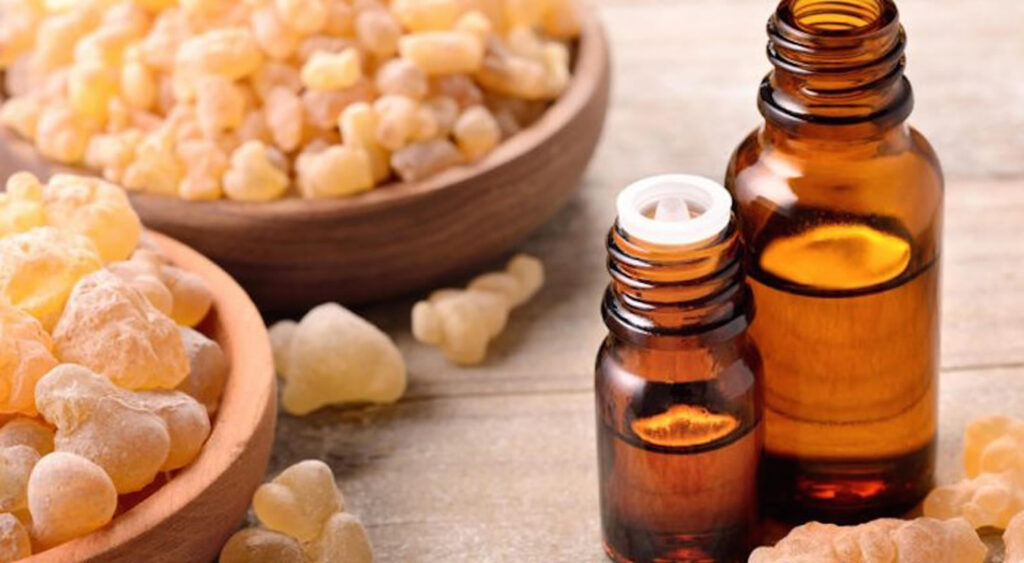
General anxiety is a common symptom of OCD. You always feel an urge to do a particular task repeatedly and become anxious and stressed.
Frankincense oil has anxiolytic effects. Therefore, inhaling this oil can calm the nerves and tone down anxiety.
Research published in the International Journal of Basic & Clinical Pharmacology shows the anxiolytic effects of frankincense oil in Swiss albino mice.
3. Geranium Oil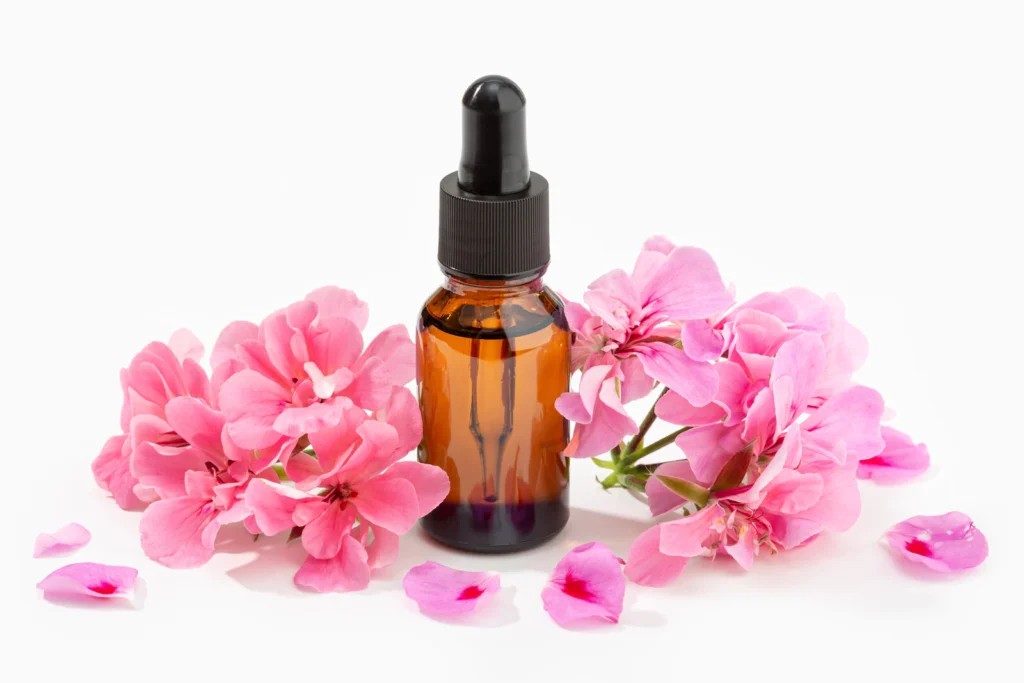
Geranium oil is derived from the geranium plant’s stems, flowers, and leaves. It is a commonly used ingredient in aromatherapy due to its numerous health benefits.
Anxiety and fear are two significant effects of OCD that lead to repetitive thought patterns. Geranium oil can reduce those feelings and provide an instant soothing effect.
Research published in the Complementary Therapies in Clinical Practice shows that aromatherapy using geranium oil could reduce anxiety among patients with AMI.
You may also benefit from this essential oil if you have anxiety issues due to OCD.
4. Rosemary Oil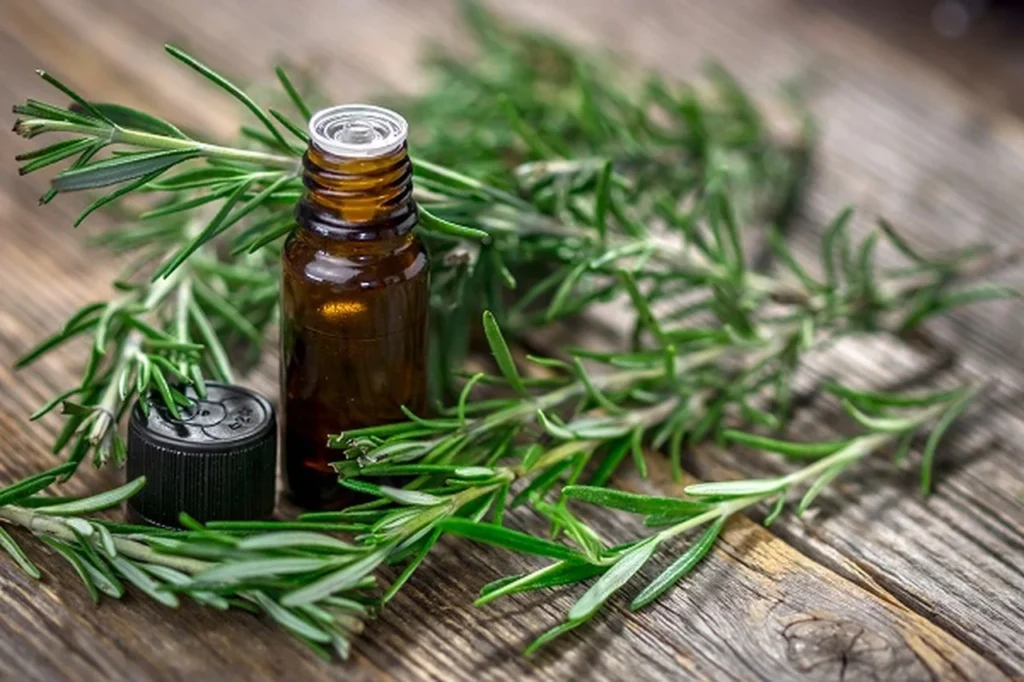
Rosemary oil is a popular ingredient in culinary. But, this essential oil is also claimed to have positive effects on human neurons that may reduce the impact of OCD.
Research published in the Holistic Nursing Practice shows the positive effects of rosemary oil in reducing stress and anxiety in graduating nursing students.
Another study was published in 2009. It shows the anti-anxiety effects of rosemary oil on animal subjects.
Regular use of this essential oil may also soothe the symptoms of OCD.
READ ALSO: Rosemary Oil: 13 Benefits and Uses for Skin, Hair, and Health
5. Valerian Oil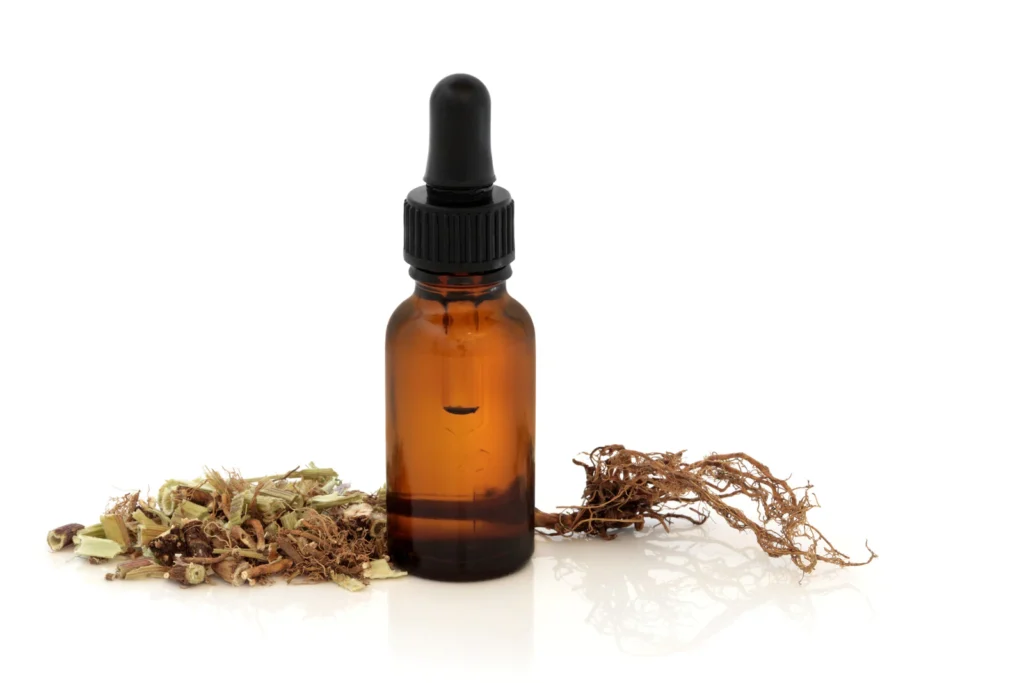
Valerian oil originates from the root of Valeriana Officinalis through steam distillation. This essential oil is quite famous for its anxiolytic and sedative effects.
A study published in 2004 shows valerian oil’s significant impact on the neurotransmitter GABA in the brain of rats. This oil may significantly calm anxiety and improve sleep.
Another research published in 2011 shows the positive effects of valerian in improving sleep and reducing anxiety. However, the evidence is insufficient to prove its efficacy in soothing stress.
6. Ylang Ylang Oil
Ylang ylang oil is derived from the flowers of Cananga odorata through steam distillation.
This essential oil can be either calming or stimulating. It can be pretty helpful when you need to deal with your anger and stress.
A study published in 2014 shows the positive effects of ylang ylang oil are soothing anxiety and stress.
A study published in the Evidence-based Complementary and Alternative Medicine reveals this essential oil’s calming and relaxing effects.
7. Chamomile Oil
Stress and anxiety due to OCD may also affect your sleep. Together, they can lead to depression.
The sedative effect of chamomile oil can improve your sleep and your emotional state.
In a study published in 2017, inhalation of Roman chamomile oil reduces depressive behaviors in Wister Kyoto rats.
In another study published in the Alternative Therapies in Health and Medicine, 57 people with different anxiety issues participated. Some were treated with chamomile-infused capsules, while others received a placebo.
Results show a significant reduction of anxiety in the chamomile group.
READ ALSO: 15 Health Benefits of Chamomile Tea (Backed by Science)
How to Use Essential Oils for OCD
You can use essential oils in various ways to reduce the symptoms of OCD. For example, you can use them topically or inhalation based on your preference.
Diffusion:
Pour a few drops of any essential oil into a diffuser. Let the aroma spread to your home and enjoy its calming effects. You can place the diffuser beside your bed if you have trouble sleeping.
Topical Application:
Please dilute a few drops of essential oil with a suitable carrier oil. Then, apply this oil mix to your neck, back, feet, and wrist.
Causes and Symptoms of OCD
The exact reason behind OCD is still unknown. But a study published in the Psychiatric Clinics of North America says that genetic and environmental factors could be responsible for someone having OCD. In addition, brain structure and functioning can be another reason behind this condition.
The symptoms of OCD depend on some criteria. They can happen due to obsession, compulsion, or both.
The common symptoms of OCD include:
- Obsessive thinking
- Loss of control over behavior and thoughts.
- Strong aversions against taboos, such as sex, violence, and religion.
- Extreme anxiety when interfered with during a ritual.
- Urge to maintain a particular order or pattern.
- Drive for excessive cleaning and washing.
- Checking things repeatedly.
- Irrational fear about bacteria and germs.
OCD: When to See a Therapist
OCD is a severe mental problem. The more you ignore this problem, the more damaging it may become. You must consult a psychiatrist if you suspect OCD in you or your loved one.
Your therapist may suggest you go for the cognitive behavioral therapy and some medications. Follow the instructions carefully to keep your emotions in control.
Some Lifestyle Hacks to Manage OCD
While you’re under treatment, you can also bring some changes to your lifestyle. A positive change in your daily routine may help reduce stress, anxiety, and other symptoms of OCD.
- A study shows that meditation and mindfulness practices can significantly decrease OCD symptoms. Try to practice medication every day to keep yourself focused and calm.
- Try to get enough sleep to reduce anxiety and stress.
- Spend more time with friends and family. This social support can help you control the symptoms of OCD.
- Do regular exercises to reduce stress.
- Educate yourself about OCD. Read blogs and articles, and talk to people about how they manage their symptoms.
Conclusion
OCD is a psychiatric problem that often remains untreated. While most of us don’t understand the severity of this illness, things may get worse if not treated on time.
If you think you have OCD, don’t get upset. You can learn how to manage this disorder with proper treatment and lifestyle changes.
Stay positive and learn how to deal with it. Join some social groups and share your experience with them. Consult a psychiatrist as soon as you detect the symptoms.
You can also try these above-mentioned essential oils alongside your treatment. But do not forget to ask your doctor if you’re under medication.
READ NEXT: Essential Oils for Fibroids: Are They Safe?



